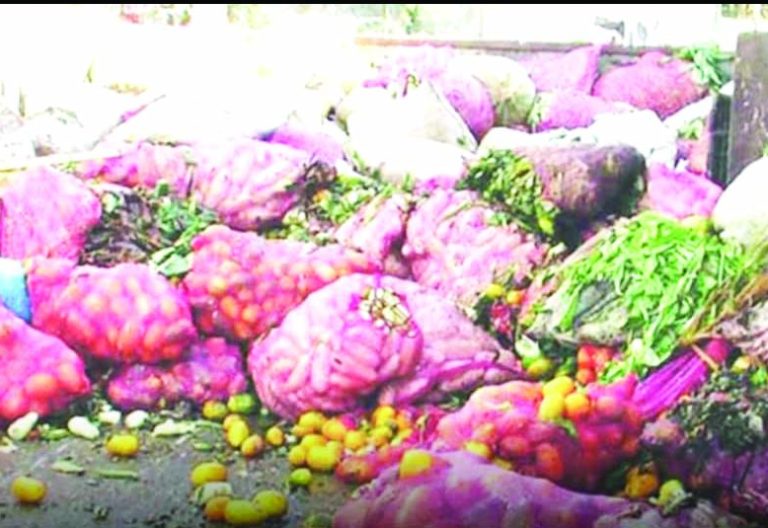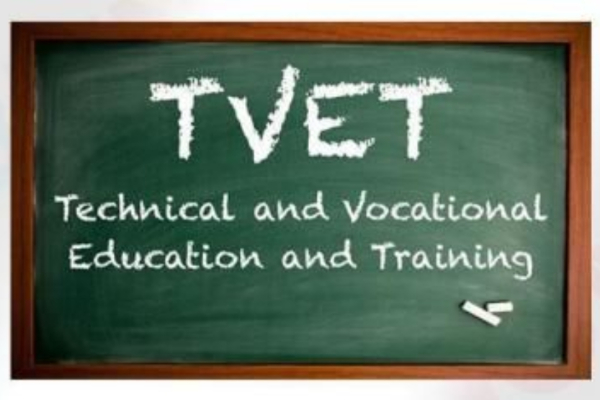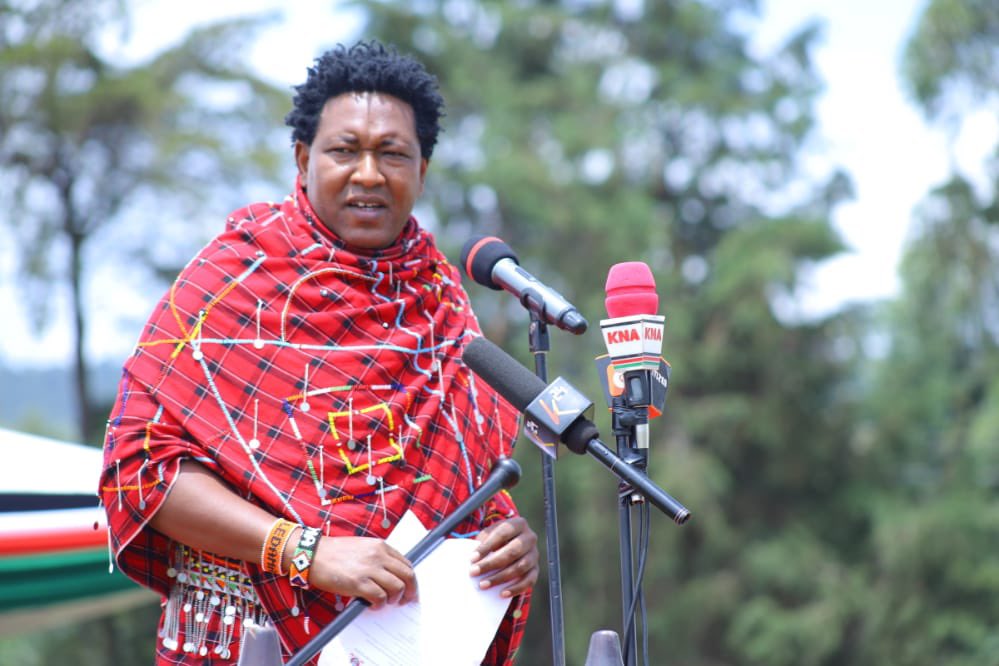TVETs can help Kenya reduce post-harvest food loss and waste

Post-harvest food loss and waste exacerbate food insecurity, lead to income losses, and harm the environment. This happens through lost resources: used land, water, farm inputs, energy and work hours of lost and wasted food.
This calls for an urgent and integrated approach to address the challenge, one in which technical vocational education and training (TVET) institutions can play a pronounced role of equipping learners with essential skills and knowledge to tackle the issue.
With the right investments, TVETs can foster the development of practical, industry-relevant skills to mitigate post-harvest losses.
In my introductory entrepreneurship class with electrical engineering trainees, I asked how their skills could help solve real-world problems. Most envisioned working in firms or government agencies. I challenged them to consider how solar installations and solar dryers could help their communities combat food systems challenges.
I further asked whether they considered post-harvest food loss and waste a challenge they could address. Initially, the idea was unfamiliar. But as we explored local examples, their perspectives began to shift. Their eyes lit up as they realised how their skills could be applied in this space. The Post-Harvest Food Loss and Waste Management Strategy (2024–2028) emphasises the role of education in reducing food loss and waste, and this experience affirmed just that.
A systems-thinking approach, when integrated into trainee mindsets, expands the scope of entrepreneurial opportunities. But how can learners act if they are not informed? In a Competency-Based Education and Training (CBET) framework that is learner-centred, trainers play a critical role in facilitating conversations that open minds and inspire action. However, for trainers to lead these discussions effectively, they too must understand how post-harvest food loss and waste impacts national development.
I believe enlightened trainees regardless of their field can be inspired to think beyond the scope of their current coursework and act with a broader system in mind.
Let’s reframe post-harvest food loss and waste estimated at 30–40 percent in Kenya as a 30–40 percent opportunity to recover lost value and youth employment. This is where “yes, and” thinking becomes a powerful tool.
To jumpstart Africa’s development, we must industrialise. Since our economy is heavily based on the agri-food sector, reducing post-harvest food loss and waste not only provides raw materials for industrialisation but also ensures we nourish our people, setting the foundation for a healthy, productive population.
With many young Africans unable to access university education, TVETs must offer a meaningful and dignified alternative. TVET reforms – including modular curricula and dual training – are designed to ensure graduates are job-ready. It is therefore essential to empower trainers to help students see their role in solving key societal challenges like food loss and waste.
The writer is a UN global food systems Youth Leader, Vocational and Technical Trainer and Communication Consultant















